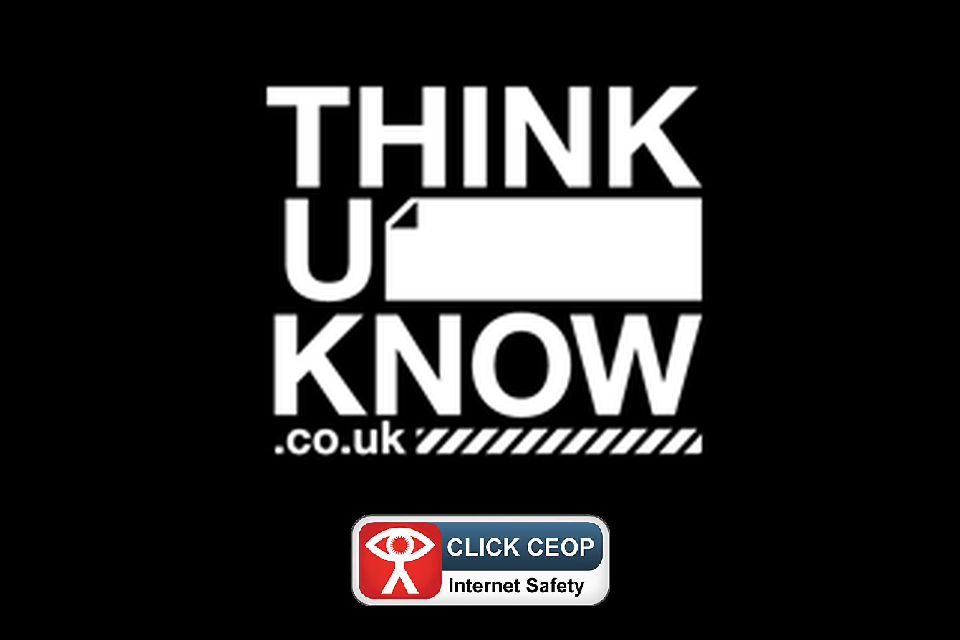Online Safety - guidance for Students
It's important to know how to stay safe when you're using the internet. You should never give out any personal information when you're online to people you do not know face to face - no matter who you think you're talking to.
Using the Internet
There are lots of sites around that allow you to talk to other people on the web. Chat rooms give you the chance to have a conversation with other people and get instant replies. Online message boards and forums let you post questions or comments and ask other users to give their opinion in their own time. It can be a great way to chat to other people who share your interests, but you should not pass on any of your personal details unless you know them face to face. You should always keep in mind that internet users can pretend to be anyone they like. They can lie about their age, their interests and whether they are male or female. No matter how long you've been chatting, remember unless you know them face to face, they are still strangers; and you don't really know them at all.
Some of you may have your own Facebook or Instagram profile that lets you chat with friends or communicate with other users who share your interests. These 'social networks' let you create your own blog, upload photos and videos for others to see and add people to an online friends list. Social networks are a great way of keeping in touch but you should think carefully before adding someone to your list of online friends or posting information that you wouldn't be happy with your parent/carer or teacher seeing. Remember:
- Once you've shared something online you have lost control of it
- People will still be able to see things you've posted online, months or years later
- Some people may use what you've posted online in ways you don't like - or couldn't even imagine, without you knowing
- Some people may share things about you which are upsetting
Make sure you know who to contact if someone has upset you, made you feel uncomfortable, or you need support to deal with bullying. If you are looking for more information about staying in control of your page and how to get the most out of social networking sites, ThinkUKnow has all the advice you need.
When you're using a chat room or posting on a message board, never give out any personal information like your address, phone number, email or school name. Use a nickname or handle, perhaps a different one for each platform so you cannot be easily found across platforms.
Think carefully about meeting someone in the real world who you only know online. If you do decide to meet an online friend, you should always take a trusted adult with you.
For many young people with Special Educational Needs or Disabilities (SEND), the internet can be a place where they feel safe, calm and in control. Somewhere they can make friends without having to communicate face-to-face, and build a community which they may not have in their offline life. Your child can have a great time online as long as they follow some simple safety rules.
For excellent online safety advice for children with SEND please click here where you will find guides and resources to help support your child.
Need to report an issue online?
If you've experienced or witnessed harm online, by clicking the Report Harmful Content image below, you can report harmful content by providing up to date information on community standards and direct links to the correct reporting facilities across multiple platforms.
Need some advice?
Click on the image below!
It will take you to the 'Think you know' website which has advice on a range of online related issues.




















